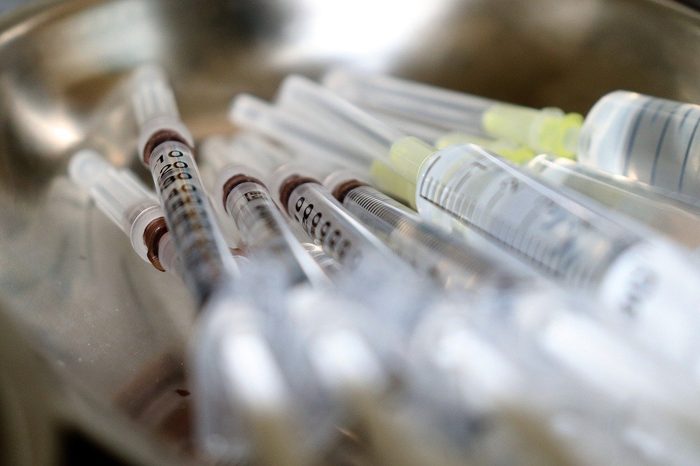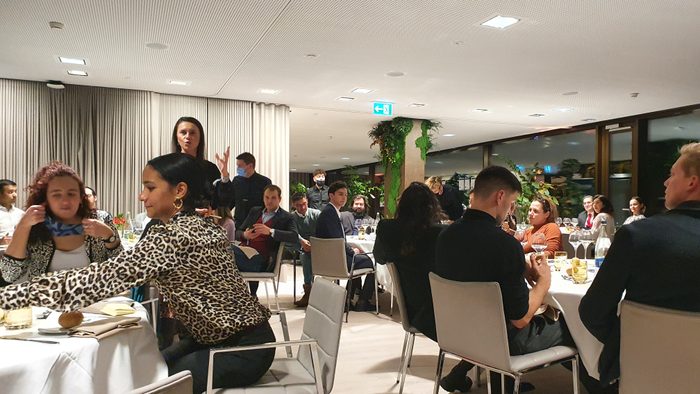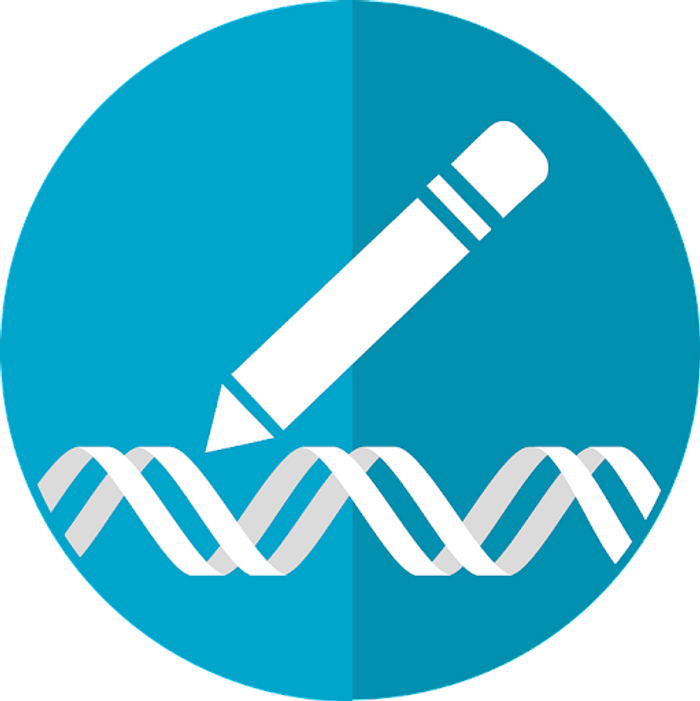|
Aged now three, how are Lulu and Nana?
You might recall the outburst in late November 2018, when Chinese geneticist He Jiankui announced he had successfully edited the genome inside the embryos of two twin girls with the Crispr-Cas9 “genetic surgery” method, in order to protect them from being possibly infected by the HIV virus. This breakthrough – which, like it or not, at the time put China on the science map as the country where this first took place – was widely condemned.
Since then, more strongly than before, the issue of governance on human genome editing comes back again and again, as an excellent article in PNAS sums up: “Since 2015, more than 60 statements, declarations, and other codes of practice have been published by international organisations and scientific institutions. [...] But although most of the opinions, guidelines, and issues discussed are noteworthy and defensible, their effectiveness in guiding global governance is limited. Genome editing technology has grown too quickly, and stakeholders in the debate are too diverse, for current approaches to establish a robust, credible, and lasting regulatory regime. We need to acknowledge and account for very different points of view from researchers and regions around the world.” In other words, is it still possible to edict governance in that field, especially as scientists move at a fast pace towards further advances? As nicely framed in two New York Times articles last week, researchers can not only do “genetic surgery” with Crispr “scissors” (i.e. modifying a gene by extracting or adding specific DNA parts, as was done on Nana and Lulu), they can also design from scratch and mass-produce genetic material and cell parts. This field, known as “synthetic biology”, is extremely promising: “In the search for the proverbial next big thing over the next 20 years, synthetic biology is a prime candidate,” writes the New York Times.
In the meantime, Nana and Lulu are growing up. With the scientists still discussing about the pros and cons of the Crispr-Cas9 technology, as concludes a very interesting article in Nature Biotechnology (read below): “Given the differing reports on the extent of medical monitoring of the children, the incomplete assessment of the genetic changes that were introduced into them and the widely differing viewpoints on the potential impact of these edits on their physical and mental health, it’s hard to know what lies ahead for the girls. [...] It’s certainly no way ‘to start life’.”
Olivier Dessibourg, GESDA
|











